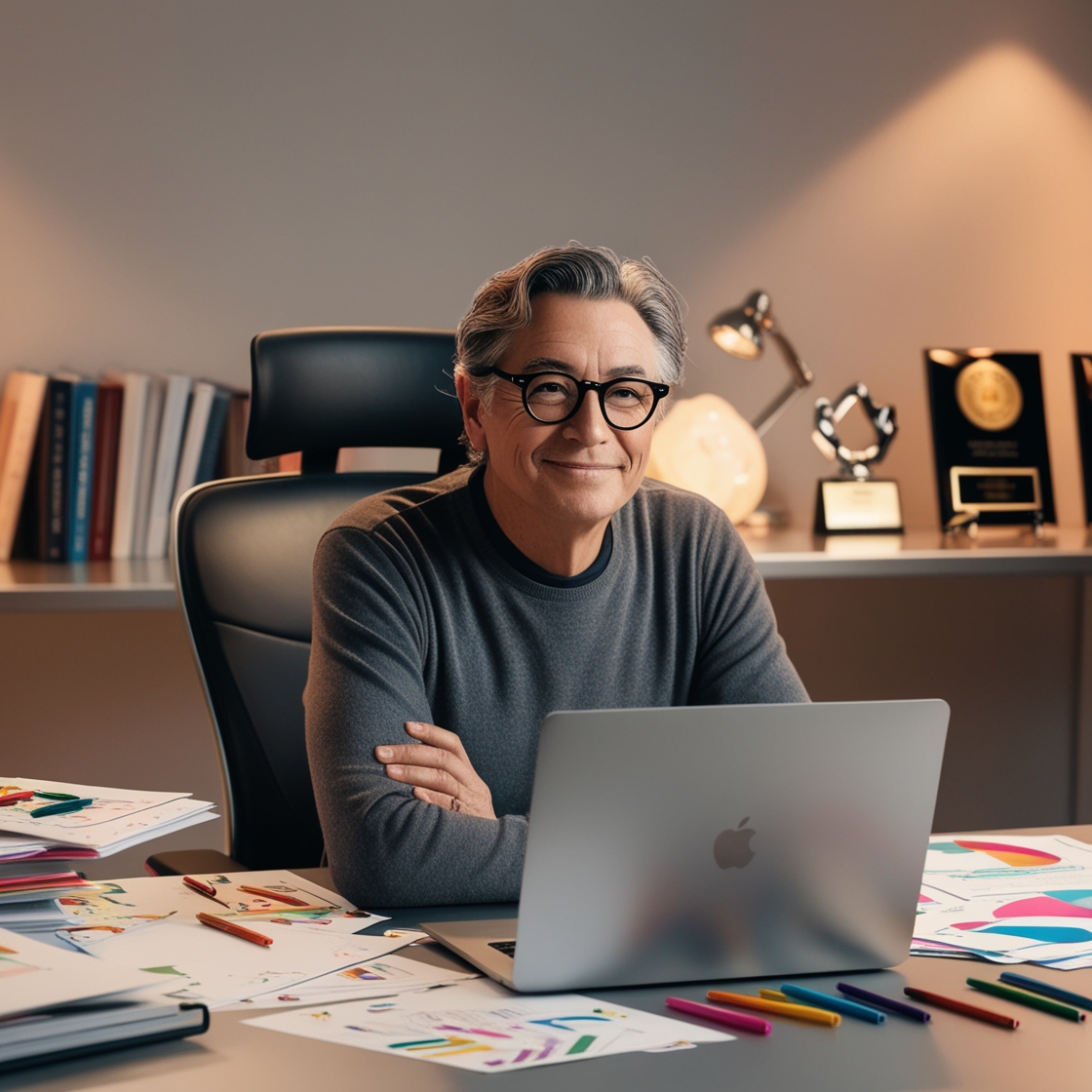Events up to October 2023 Your Print IssuesYour Events Understanding Design Experience
What Does an “Senior” Designer Really Mean
Junior Vs Senior Designers: What Is The Difference?
Design Expertise Transformation
The True Deeper Value of Design Experience
Problem-Solving Capabilities
Have knowledge and insights about the industry
Technical Proficiency
Process Efficiency
Why It Makes Business Sense to Hire Professional Designers

Return on Investment
Risk Reduction
Time Management
Strategic Thinking
Impact on Project Success
Quality of Deliverables
Project Management Skills
Communication Excellence
Future-Proof Solutions
False Statements about Design Cost
What True Value is vs. Price
Hidden Costs of Inexperience
Long-term Investment Benefits
Now let us write the detailed article:
And Why Hiring a Pro Will Be So Worth It
Having a strong design can be the difference between making it or breaking it in the visual world of today. You might be thinking about ways to save on design costs. Hiring an experienced designer can very well be one of the best investments you’ll ever make. So, why does experience make such a difference?
Summary The Institute of Design at the Illinois Institute of Technology works on the Interactions of Design and Design in the Interactions.
What Does It Mean To Be An Experienced Designer
They say experience isn’t just the number of years in the industry. What truly experienced designers bring:
A Strong Portfolio of PR Successful Projects
Strong grip on design principles
Proven ability to solve problems
Improved client communication skills
The fact that it can be adapted to various fields
Robust project management skills
It takes thousands of hours of practical experience, talking to clients and learning, to develop those skills.
This is why junior and senior designers are different
Though junior designers may have technical skills, experienced designers bring:
Business savvy and strategic thinking
Ability to foresee and prevent problem
A better understanding of user psychology
Development of advanced project management skills
More accurate estimation of time and resources
Improved efficiency in workflow processes
This experience and project knowledge often leads to a smoother project and better results.
The Journey of Experience in Design
Good design expertise is built by:
Involvement in various projects (practical experience)
Building on the success and failure of the past
Adapting to changes in industry
Shift from working process to process oriented design
Creating a network of professional contacts
Design tools and technologies proficiency
Designer-Driven Development, Part 1: The Real Value of Design Experience
Problem-Solving Capabilities
One of the most important skills any experienced designers master is:
Foreseeing potential problems before they happen
Designing cutting edge solutions to tough problems
Making sense of wider business consequences
The art of achieving aesthetic value with functional importance
Adapting to the unknowns
Thorough but timely decision making
Such problem-solving abilities can conserve businesses a great deal of time and resources.
Knowledge and insights about the industry
Seasoned designers can bring useful insights to the table:
Knowledge of the market trends
Familiarity with competitive tactics
Familiarity with industry standards
Having Encountered Similar Challenges
Having access to professional networks
Knowledge of target audiences
The more I understand this, the better design solutions I can come up with.
Technical Proficiency
Some advanced technical skills are:
Professional design tools mastery
Knowledge of different platforms
Understanding of production processes
Ability to work in various mediums
Awareness of technical limitations
Well quality in file prep and delivery
Process Efficiency
Experienced designers have:
Established workflows
Effective time management
More efficient means of communication
Well-tested quality control processes
Efficient revision procedures
Ability to strategically plan projects
Why You Should Hire Designers With Experience
Return on Investment
Investing in seasoned designers pays dividends via:
Higher quality deliverables
Faster project completion
Fewer revisions needed
Better market reception
Design solutions that will have lasting impact
Increased brand value
Risk Reduction
Seasoned designers reduce risk by:
Avoiding common pitfalls
After the chameleon course of action in the interest of best practices
Education about legal obligations
Keeping up with professional standards
Providing tested solutions
Ensuring brand consistency
Time Management
Time management leads to better:
The more accurate timelines of projects
Efficient use of resources
Faster problem resolution
Reduced revision cycles
Accelerated sign off processes
Timely project delivery
Strategic Thinking
More senior designers are adding value strategically by:
Connecting design and business objectives
Explain how market positioning works
Think About the Long-Term Consequences
Delivering key business information
Creating scalable solutions
Anticipating future needs
Impact on Project Success
Quality of Deliverables
Experienced designers ensure:
Professional-grade outputs
Attention to detail
Consistency across materials
Technical excellence
Innovation in design
Design longevity
Project Management Skills
The great project management consists of:
Clear communication channels
Effective timeline management
Resource optimization
Stakeholder coordination
Risk management
Quality control
Communication Excellence
What does professional communication look like?
Clear expectation setting
Regular progress updates
Effective presentation skills
Dealing with Constructive Feedback
Professional documentation
Strategic recommendations
Future-Proof Solutions
There are approaches experienced designers use to craft solutions that:
Scale with business growth
Adapt to market changes
Maintain relevance over time
Support brand evolution
Consider future applications
Allow for easy updates
Design Cost Myth #1: Design Is Too Expensive
Haggling for The True Value, Not Price
Think about the complete value proposition:
Quality of deliverables
Time savings
Reduced revision cycles
Professional guidance
Strategic insights
Long-term effectiveness
Hidden Costs of Inexperience
Less experienced designers could result in:
Extended project timelines
Multiple revision rounds
Poor quality outputs
Implementation issues
Brand inconsistency
Market misconceptions
Long-term Investment Benefits
Long-term benefits include:
Sustainable design solutions
Brand value growth
Market competitiveness
Customer trust
Professional reputation
Business scalability
Conclusion
Hiring an experienced designer is much more than just paying for design work – it’s investing in the success of your business. Although experience may cost more at the start, it reflects in more polished work, a more efficient process and results that are impactful to the business long term. When your designallegiance is to designallegiance_model typing with the right type of designer it becomes not just design people but someone that is interested in your overall business growth as well.
FAQ
How can I justify an experienced designer being more expensive to stakeholders? Advocate for ROI, quicker turnaround times, reduced revision cycles, and long-term value. National case studies and examples of experienced design is saving money in efficiency and effectiveness.
How do they usually price differences between junior and experienced designers? While senior designers do demand charging up to 2-4x what junior designers do, they also tend to do the project in half the time with fewer revisions—a big win for the total cost differential.
How to put a value on hiring a seasoned designer? Assess metrics such as time to complete a project, number of rounds of revision, customer feedback and market reaction, durability of product design over the long term, and so forth, to quantify value.
For a smaller project is it worth shelling out for an experienced designer? With experience, even small projects go quicker, have fewer iterations, and yield superior outcomes. Think about the cachet that the project may give your brand visibility.
What’s your biggest benefit of hiring an experienced designer? Perhaps their biggest asset is seeing the bigger picture, finding creative solutions and designing for business goals while ensuring their work is timeless and results-oriented.
